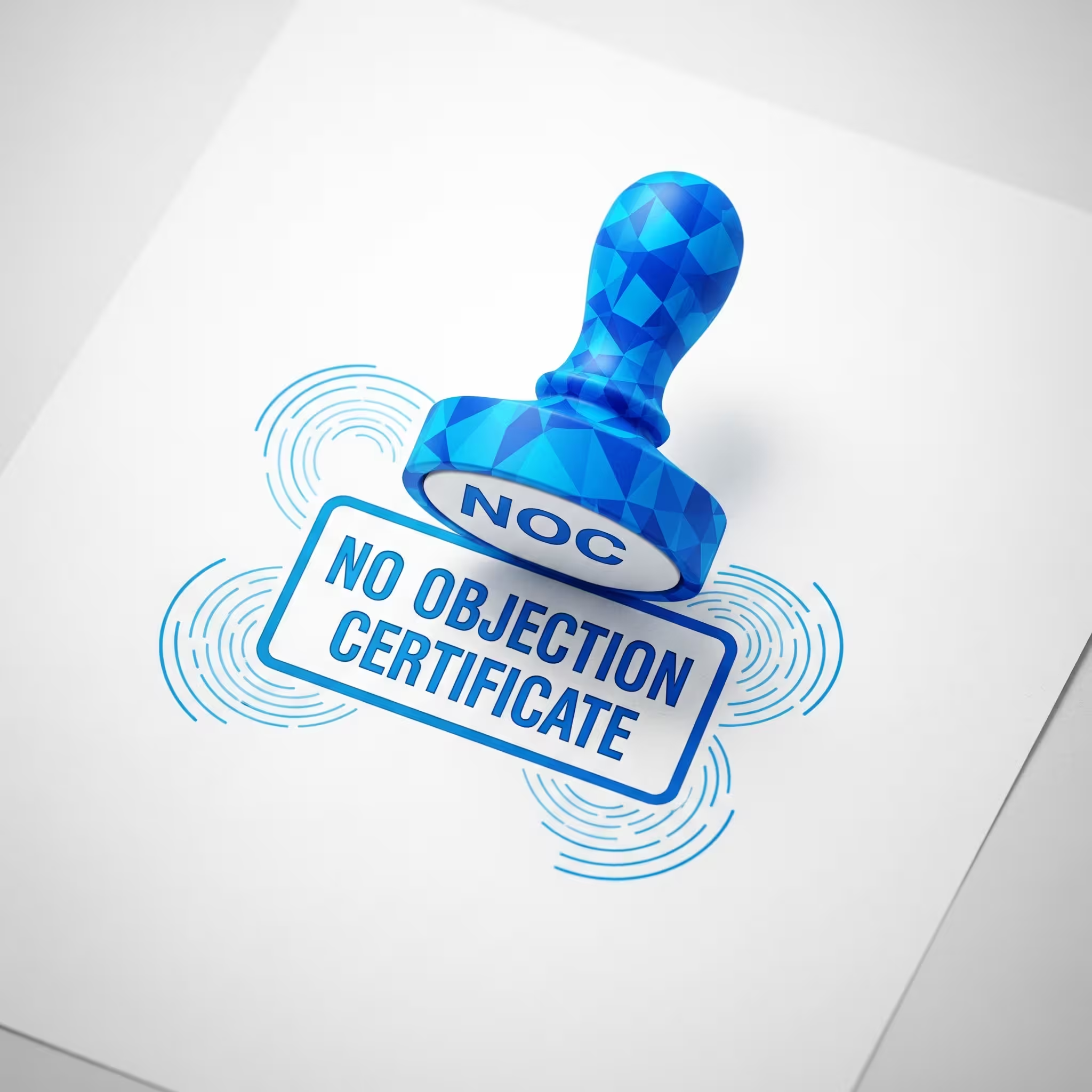6 mins
UAE's influencer Contracts: a legal manual for companies and Influencers
Among Middle Eastern countries, the United Arab Emirates (UAE) boasts one of the most dynamic and fastest-growing digital economies.
This growing market makes brands focus on influencer contracts.
The UAE Media Regulatory Office (formerly the National Media Council) primarily directs a regulatory environment that strictly controls licensing, content disclosure, and adherence to cultural standards.
Ignoring the legal formalities connected with influencer marketing in the UAE is not only unprofessional but also quite dangerous.
For companies interacting with UAE influencers, this guide provides a basic understanding of the key legal issues and essential contractual terms that are relevant to their interactions.
Understanding Influencer Regulations and Licensing in the UAE
Unlike many other areas where rules may be less formalized, the UAE has established a disciplined system to regulate paid influencer activity, primarily under the supervision of the UAE Media Regulatory Office, which succeeded the former National Media Council (NMC). The required E-Media License forms the core of this system.
Key Requirements for a Social Media Influencer Contract
Mandatory E-Media Licence:
Any person running paid advertising campaigns or promotions on social media within the UAE has had to obtain this license since 2018. This holds whether the influencer is promoting brands, goods, or services in exchange for money or other incentives.
Essentially, an influencer falls under this licensing requirement and is considered a professional service provider if their online activities generate income.
Process and Cost:
The emirate will affect the method and cost of license acquisition. Typically, influencers in Dubai register their business activities with the Dubai Department of Economic Development (DED) before applying for the E-Media license through the Dubai Creative Clusters Authority (DCCA).
Typically priced between AED 11,900 and AED 15,000, this license requires annual renewal. In Abu Dhabi, the procedure may require registration via the TAMM portal.
Operating under a legally registered entity, such as a sole proprietorship or via a partnership with a licensed marketing agency, is vital for influencers (or the agencies representing them).
Before signing any contract, brands, especially those in the influencer marketing space, should verify the influencer's license status as a crucial due diligence step. Working with an unlicensed influencer poses a significant risk to the brand.
Penalties for Non-Compliance:
The authorities actively enforce these rules; thus, penalties for non-compliance might be rather severe. Influencers operating without the necessary license may face fines starting at AED 10,000, possible suspension of their social media accounts and activities, and additional legal actions.
Companies involved in unlicensed activity could also experience damage to their reputation and face potential government scrutiny.
Thus, a compliant and risk-reducing campaign depends most on ensuring that your influencer partners are fully licensed and operating legally.
Influencer Marketing Rules To Avoid Critical Legal Issues
Although obtaining the proper license is essential, brands and influencers operating in the UAE must also navigate several other significant legal issues.
Content Accuracy and Truthfulness:
The UAE's Cybercrime Law (Federal Law No. 34 of 2021, which updates the former legislation) places significant emphasis on the accuracy of material distributed online.
Legal obligations bind influencers and the brands they represent to make sure promotional material is accurate and not deceptive. Claims made about goods or services have to be supported.
False information, overly strong claims, or defamatory material can result in substantial fines and potentially even imprisonment.
Companies must ensure that their contracts clearly state expectations for factual accuracy and provide means of verifying material before it is released.
Transparency and Disclosure:
In the UAE, clear, obvious disclosure of paid relationships is non-negotiable. The rules state that any sponsored material must be marked as such.
Often mandated by the authorities, standard practice is to prominently use hashtags like #ad or #sponsored (إعلان or ممول in Arabic) inside the post or video description.
Hiding disclosures inside a long list of hashtags or making them vague is not compliant.
Contracts must specify the necessary disclosure techniques and ensure that the influencer understands and agrees to apply them regularly.
Respect for cultural norms and public morality
Products developed for the UAE market must demonstrate an understanding of local culture and customs. As stated in Federal Decree Law No. 2 of 2015 on Combating Discrimination and Hatred, UAE laws—including the Penal Code and specific media rules—prohibit content that violates public morality, insults religions, or promotes discrimination.
Brands and influencers must be cautious to ensure campaigns are respectful and culturally sensitive. Contracts should include clauses that require adherence to these criteria and may also specify particular content limitations.
Intellectual Property (IP) Rights
Frequent mistakes in influencer marketing campaigns include using copyrighted content, such as music, images, video clips, or even brand logos, without obtaining the necessary permission.
Brands and influencers must ensure they have the rights or licenses for all campaign material. Contracts should specify the use rights granted to the brand and precisely identify who owns the intellectual property of the content produced during the campaign.
Using third-party IP without permission may lead to legal conflicts, infringement claims, and financial liabilities.
Following UAE Data Protection Laws
UAE data protection laws must be rigorously followed if an influencer campaign entails gathering or processing personal data from followers (e.g., through contests or sign-ups).
This involves obtaining the necessary permissions and ensuring that data is handled securely. Influencers must also respect people's privacy and refrain from distributing illegal images or information. If relevant for the campaign scope, contracts should handle data protection obligations.
Employer No Objection Certificate (NOC):
If an influencer works full-time elsewhere in the UAE, they may need a No Objection Certificate (NOC) from their employer to engage in paid influencing activities.
Although the influencer is primarily responsible, brands should be aware of this potential requirement and may choose to include a warranty in the contract that confirms the influencer has obtained all necessary licenses and permits.
Apart from the Media Regulatory Office, influencers and brands should be aware of rules that may be enforced by departments like the Department of Economic Development (DED) in corresponding emirates (related to trade licenses) and the Telecommunications and Digital Government Regulatory Authority (TDRA) concerning online activities.
Minimizing risk and promoting ethical, compliant, and successful partnerships in the UAE market depends on the proactive addressing of these critical legal issues within the influencer contract.

Essential Clauses for Your UAE Influencer Marketing Contract
The foundation of a good and legally compliant UAE partnership is a firm influencer contract. Although every contract should be customized to fit the particular campaign, some basic clauses are necessary to safeguard both the influencer and the brand.
1- Identification of Parties
Clearly state the full legal names, addresses, and relevant license details (trade license for the brand, E-Media license, and trade license/agency details for the influencer) of all parties involved. This ensures legal clarity on who is bound by the agreement.
2- Background and Purpose
Briefly outline the context of the collaboration. What is the campaign aiming to achieve? Which products or services are being promoted? This section sets the stage and clarifies the overall objective.
3- Definitions In Influencer Partnership Agreement
Define key terms used throughout the contract to avoid ambiguity. This might include terms like "Content," "Deliverables," "Territory" (especially if regional exclusivity applies), "Term," "Compensation," specific platform names, or performance metrics (e.g., "Engagement Rate," "Reach").
4- Scope of Services and Deliverables
This is the most critical section. Detail precisely what the influencer is expected to do. Specify:
- Content Type : (e.g., Instagram posts, Stories, TikTok videos, YouTube reviews, blog articles).
- Quantity : Number of posts/videos per platform.
- Platform(s) : Where the content will be published.
- Frequency and Timing : Specific posting dates or a content calendar (often included as an appendix).
- Specific Requirements : Mentioning key messages, calls-to-action, specific hashtags (beyond disclosure tags), tagging requirements, and links to include.
- Additional Services : nclude any event appearances, photoshoots, content usage for ads, etc. Clarity here prevents misunderstandings about expectations.
5- Compliance with UAE Laws and Regulations
Explicitly state the influencer's obligation to comply with all applicable UAE laws, including:
- NMC/Media Regulatory Office guidelines (including licensing).
- Mandatory disclosure requirements (#ad/#sponsored in English/Arabic).
- Content restrictions (public morality, cultural sensitivity, cybercrime laws).
- Requirement to provide proof of licensing upon request.
- Mention of any required No Objection Certificates (NOCs) if the influencer is employed elsewhere.
6- Content Guidelines and Approval Process
Outline the brand's guidelines regarding tone of voice, visual style, and messaging. Specify the process for reviewing and approving content before publication. Include clauses allowing the brand to request edits or removal of non-compliant or off-brand content.
7- Compensation and Payment Terms
Clearly define the payment structure:
- Fees : Fixed fee, commission-based, value-in-kind (products), or a hybrid model.
- Payment Schedule : Milestones (e.g., upon contract signing, upon content approval, post-campaign), or a single payment.
- Invoicing : Requirements for Influencers to Submit Invoices.
- Payment Method: How payments will be made.
- Expenses : Clarify who covers costs associated with content creation (e.g., travel, props).
8- Intellectual Property (IP) and Usage Rights
- Define who owns the content created : Typically, the influencer owns the copyright, unless a work-for-hire agreement is in place. More importantly, specify the license granted to the brand:
- Scope : Which platforms or media can the brand use to share the content?
- Duration : How long the brand can use the content (e.g., campaign duration, 1 year, in perpetuity).
- Modifications : Whether the brand can edit or repurpose the content.
9- Confidentiality
Include clauses protecting any confidential information shared by the brand with the influencer during the collaboration.
10- Exclusivity
If required, define any exclusivity terms. Specify if the influencer is restricted from working with competing brands during the contract term (or a defined period) and list competitor categories or specific brands.
11- Term and Termination
State the duration of the agreement. Outline the conditions under which either party can terminate the contract early (e.g., material breach, non-compliance with laws, failure to deliver content).
12- Governing Law and Dispute Resolution
Specify that the contract is governed by the laws of the UAE (or a specific Emirate, e.g., Dubai) and outline the process for resolving disputes (e.g., negotiation, mediation, litigation in UAE courts).
13- Representations and Warranties in influencer agreement
Include statements where each party confirms they have the authority to enter the agreement and that the influencer's content will be original and not infringe on third-party rights.
Including these essential clauses provides a strong legal foundation, ensuring transparency and minimizing risks for brands engaging in influencer marketing within the UAE.
Final Thought and Action for Influencer Collaboration Contract
Although this guide provides a basic overview of influencer contracts and legal issues in the UAE, the digital marketing and legal landscapes are constantly evolving. Maintaining constant compliance requires both constant awareness and often expert guidance.
Are you prepared to navigate the intricacies of UAE influencer marketing with confidence? Boomerang specializes in creating compliance- and results-oriented influencer campaigns catered to the particular dynamics of the UAE and GCC markets.
Our expertise in influencer talent agency contracts ensures that, by all relevant laws, your brand effectively connects with the target audience.
Contact Boomerang now to discuss how we can enhance your influencer plan and ensure your contracts are optimized for success.



